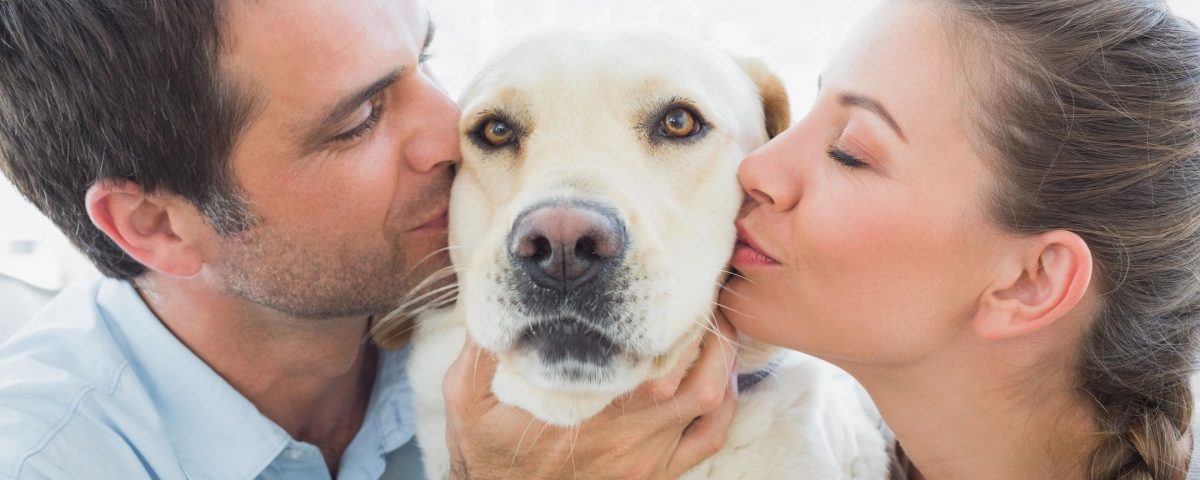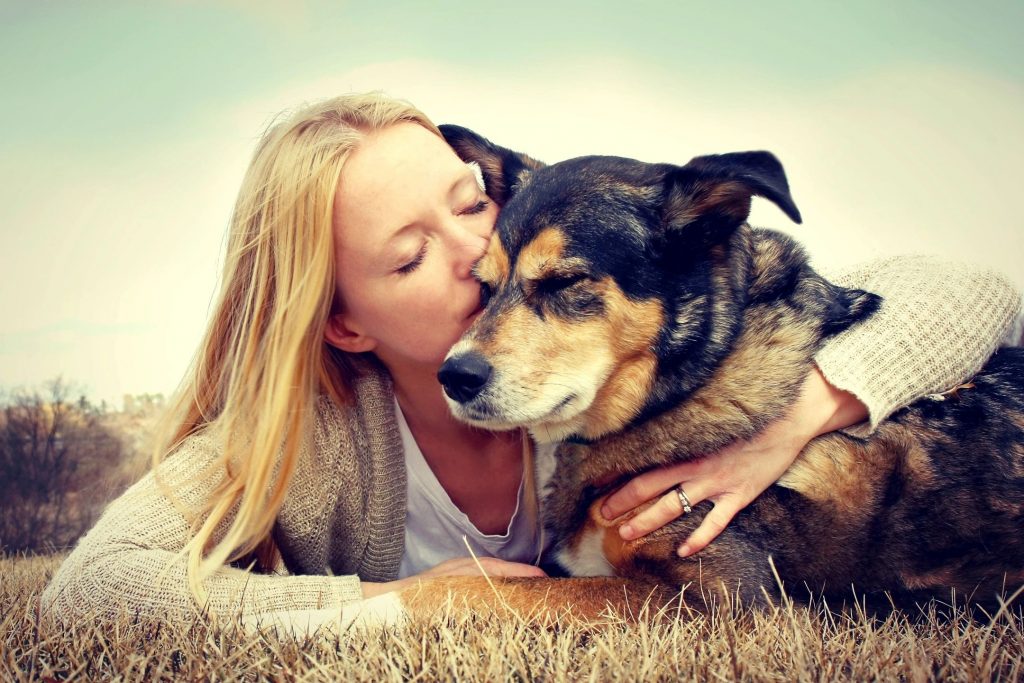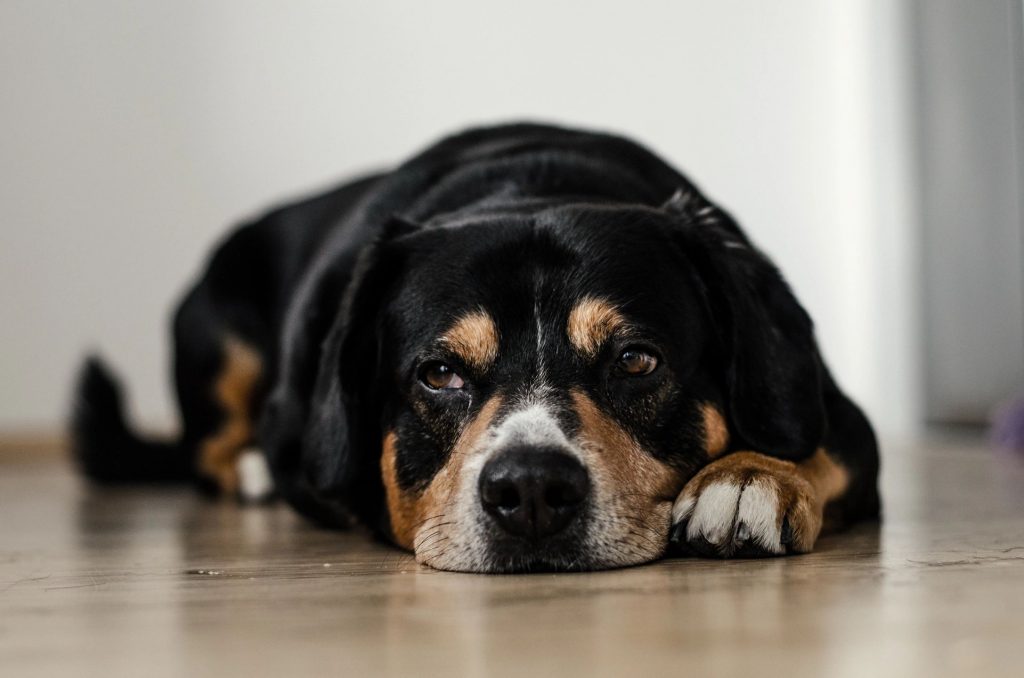This website uses cookies so that we can provide you with the best user experience possible. Cookie information is stored in your browser and performs functions such as recognising you when you return to our website and helping our team to understand which sections of the website you find most interesting and useful.
Looking After an Older Dog in the Family

This is a collaborative post.
As your dog approaches the later years in life, it’s important to care for them in the proper way to give them the best possible quality of life. Older dogs experience lots of different things, from becoming slightly weaker, to diet changes and overall changes in their mood. Whilst it’s still the same loveable dog that’s been in your family for years, it’s crucial that you listen to your dog’s needs and adapt to caring for them in their older years.

Regular Vet Visits
Just like humans, the older we get the more we need to check in with the doctor or, in your dog’s case vet, to ensure everything is as it should be. Make sure you’re taking your dog for regular vet visits to have them checked over and assessed, just in case anything needs attending to or treating. You don’t want your dog to be in discomfort or pain, so regular vet trips can help to reduce that risk. Similarly, regular vet visits will help you keep a close eye on your dog’s weight and skin and coat condition, which is essential as they grow older.
What to Expect
During your dog’s older years, you’ll start to notice changes to their behaviour and overall self. The things to keep an eye out for with ageing dogs are weight gain, lack of motivation, being lethargic and anxiety. These are all common characteristics of an older dog, but you can certainly do things to help keep them positive, motivated and happy. If you feel your dog is experiencing anxiety, or seems unsettled but are uncertain as to why, it may be worth investing in a calming diffuser, such as the Adaptil diffuser, as these are designed to keep your pet calm and comfortable. You can find these highly rated diffusers online at retailers like Petwell, with reviews from other dog owners to help you with your decision.
Adapting the Home
Your home environment is a space that you want your dog to feel relaxed and settled in, so there may be a few things that need adapting slightly to meet their needs as an older dog. For example, having a comfy, padded and cosy bed for them to rest in is key. Whilst dogs may love mattress style mats with little cushion (usually due to them destroying padded ones) your older dog is going to benefit a great deal from having a padded, cushioned bed to enjoy. This will also help to cushion their joints, keeping them comfortable for longer. You should also look at keeping things close to them, so they don’t have to walk too far for things like their water and toys. This will help with their mobility, as they won’t struggle to get around as much if they don’t have to walk as far.

Change in Routine
Older dogs still require exercise and fresh air, so ensure you maintain a good number of walks per day to keep them active and healthy. You should, however, consider walking your older dog at quieter times. They may struggle when met with a puppy or excitable dog, so opting to go for walks at quieter times will reduce the number of people you see and therefore prevent them from being pestered by other dogs you see out walking at the same time. Similarly, it’s important to let your older dog out into the garden for a wee more frequently throughout the day, as you’ll likely find that their bladder isn’t as strong as it used to be and needs emptying more often than before.




